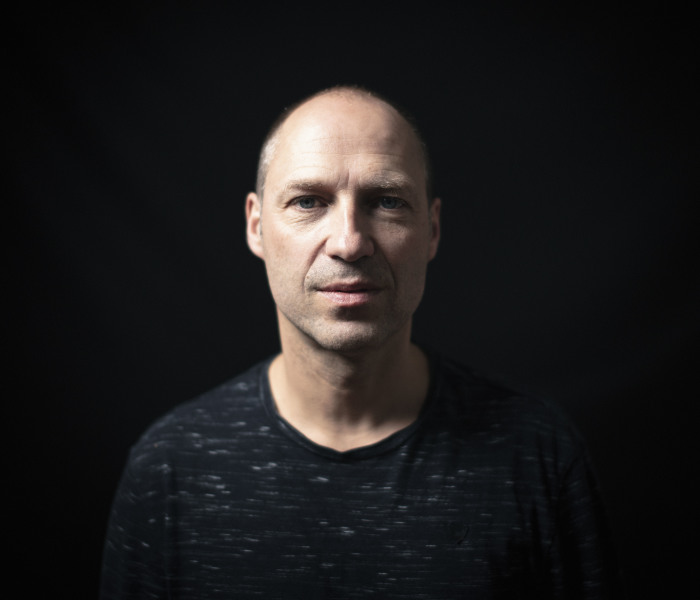FRArt La théorie des Rajazz : un nouveau système d'organisation des notes musicales. Recherche via des axes mathématiques : la combinatoire, la géométrie via des mandalas musicaux, graphes et polytopes
- is created by Manuel Hermia
1. introduction
- has as creator Manuel Hermia
- type: Article
- ref: DOC.2023.52
- Creation date: October 1 2023
- tags: music, scale, raga, rajazz, note organization system, composition, geometry, musical mandala, pentatonic, modal music, modalité, modality, poly-modality, musical combinatorics, pivot intervals
Rajazz theory is a new way of structuring musical material. It is the result of an encounter between elements of modal and tonal music.
The rajazz group 155 pentatonic scales into 31 families of 5 modes. The musical material is fixed - as in Indian ragas - but can be transposed into different keys, thus creating "reflections of itself". In order to modulate towards one of these transpositions, a common "pivot" interval is used as a hinge.
The result is new ways of organizing musical material.
In its first phase - year 1 - the research will explore rajazz theory using 3 mathematical tools:
a) Combinatorics will be used to create resource sheets for each rajazz, formulated in different formats.
b) A geometric approach generating musical mandalas
Each pentatonic scale can be represented as a pentagon within a chromatic circle. From here, each of the potential transpositions of this rajazz can be traced. The result is a geometric diagram that allows each rajazz and its potential modulations to be visualized in a single image, in the form of a musical mandala.
c) polytopes and graphs
The rajazz give a singular impression of multi-dimensionality, and polytopes and graphs can be used to visualize all possible modulations between the 12 transpositions of a rajazz, in a single image. This avenue will be explored with the support of Joël Fine, a researcher in geometry and differential geometry at ULB.
At the end of this first phase, the results of the research will be brought together in a clear, concise and complete documentation, enabling the creativity of different generations of composers to be nurtured. A conference will be organized at the Conservatoire and the Forum de la Création Musicale to present the results of the research.
In its second phase - year 2 - a call for scores will be launched. The resulting works will be performed by Conservatoire students and presented to the public. Audio recordings will complement the theoretical documentation, and the whole will be made available in open-access and distributed as widely as possible.
2. Manuel Hermia: Biography
- is recorded by Manuel Hermia
- type: Article
- ref: DOC.2023.51
- Creation date: October 1 2023

- Manuel Hermia 2018 © Maël G. Lagadec.jpg
- image/jpeg
- 6.54 MB
- download
As a composer, improviser and explorer of world music, Manuel Hermia is first and foremost committed to a global approach to music. As an instrumentalist, he has evolved in parallel as a saxophonist and on the bansuri flute - from northern India. After studying at the University of Southern California and the Brussels Royal Conservatoire, he embarked on an international career with projects ranging from contemporary jazz ( Darrifourcq/Hermia/Ceccaldi, Freetet, Orchestra Nazionale della Luna) to global music (The Whisper from the Orient, Bahdja, Majid Bekkas Afro Oriental trio, Slang), contemporary music (Fluid Suites for Cello) and interdisciplinary performances.
Initially, he tried to integrate into his language all the cultural elements that his path and his travels invited him to discover. In a second phase, he also developed his own melodic-harmonic system through his "rajazz" theory, offering a bridge between tonal thinking and a modal approach to music. This contemporary system is potentially usable in any stylistic framework.
Since 2014, he has been teaching at the Brussels Royal Conservatoire, offering courses such as the improvisation seminar in the classical Master's program, or how to approach ragas and maqaams in the jazz department.
Whether it's through his live projects, his recordings or his teaching approach, his approach is expressed through a combination of multiculturality, diversity of musical styles, a multi-disciplinary approach and social commitment. His projects are regularly inspired by a commitment, sometimes philosophical and spiritual, like his double album "Le Murmure de l'Orient/The Whisper from orient". Sometimes political, like the CD "Austerity... and what about Rage". Sometimes between philosophy and politics, like "Freetet", or ecological, like "There is still Live on earth" by the Orchestra Nazionale della Luna.
He has recorded some twenty CDs as leader or co-leader, on the Igloo, BMC, Jazz Avatars, Hector, Cristal Records and Carbon 7 labels.
He has also received several awards and grants in his career, including the Octave de la Musique in 2005 and 2011, the Sabam Award for a confirmed jazz artist in 2017, and the FRArt grant in 2023.